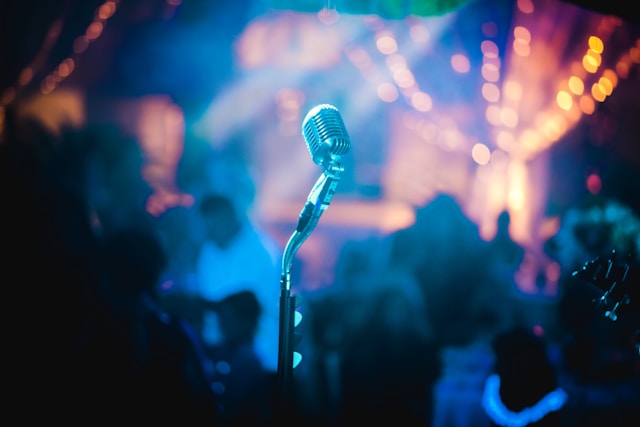The entertainment industry today came out in support of a new bill designed to prevent people from using artificial intelligence to recreate a person’s voice or likeness without that person’s consent.
The bipartisan bill, “Nurture Originals, Foster Art, and Keep Entertainment Safe Act of 2024” or the “NO FAKES Act,” was introduced by senators Chris Coons (D-Delaware), Marsha Blackburn (R-Tennessee), Amy Klobuchar (D-Minnesota) and Thom Tillis (R-North Carolina).
“The NO FAKES Act would hold individuals or companies liable for damages for producing, hosting, or sharing a digital replica of an individual performing in an audiovisual work, image, or sound recording that the individual never actually appeared in or otherwise approved – including digital replicas created by generative artificial intelligence (AI),” said a press release on Coons’ website.
If a website hosted the enhanced material, it would by law be responsible for taking it down after being given notice. Documentaries and biographical works will remain within the law under the First Amendment, as will content that serves criticism, or parody.
“Everyone deserves the right to own and protect their voice and likeness, no matter if you’re Taylor Swift or anyone else,” said Coons. “Generative AI can be used as a tool to foster creativity, but that can’t come at the expense of the unauthorized exploitation of anyone’s voice or likeness.”
Unsurprisingly, the bill has been cheered by various segments of the music industry. Since generative AI exploded onto the scene, there has been a slew of lawsuits in which disgruntled artists and producers have aired their concerns about what to them seems like someone stealing their content. Earlier in the year, some of the best-known names in music wrote an open letter decrying how AI replicas of their artistry were an “an assault on human creativity.”
The bill has already been endorsed by the Screen Actors Guild-American Federation of Television and Radio Artists, or SAG-AFTRA. “If left unregulated, AI technology poses an existential threat not only to SAG-AFTRA’s members, but to civil discourse, student health and welfare, and democracy and national security,” said Duncan Crabtree-Ireland, SAG-AFTRA’s national executive director and chief negotiator.
The Recording Industry Association of America also voiced support, as did the Motion Picture Association, the Recording Academy, Walt Disney Co., Warner Music Group, Universal Music Group, Sony Music, the Independent Film & Television Alliance, William Morris Endeavor, Creative Arts Agency and the Authors Guild.
It’s not just the creators and publishers that have backed the bill. OpenAI also came out and gave it the thumbs up, saying in a statement that “creators and artists should be protected from improper impersonation” with what it called “thoughtful legislation.”
Photo: Bruno Cervera/Unsplash
Your vote of support is important to us and it helps us keep the content FREE.
One click below supports our mission to provide free, deep, and relevant content.
Join our community on YouTube
Join the community that includes more than 15,000 #CubeAlumni experts, including Amazon.com CEO Andy Jassy, Dell Technologies founder and CEO Michael Dell, Intel CEO Pat Gelsinger, and many more luminaries and experts.
THANK YOU





